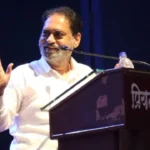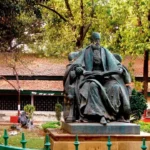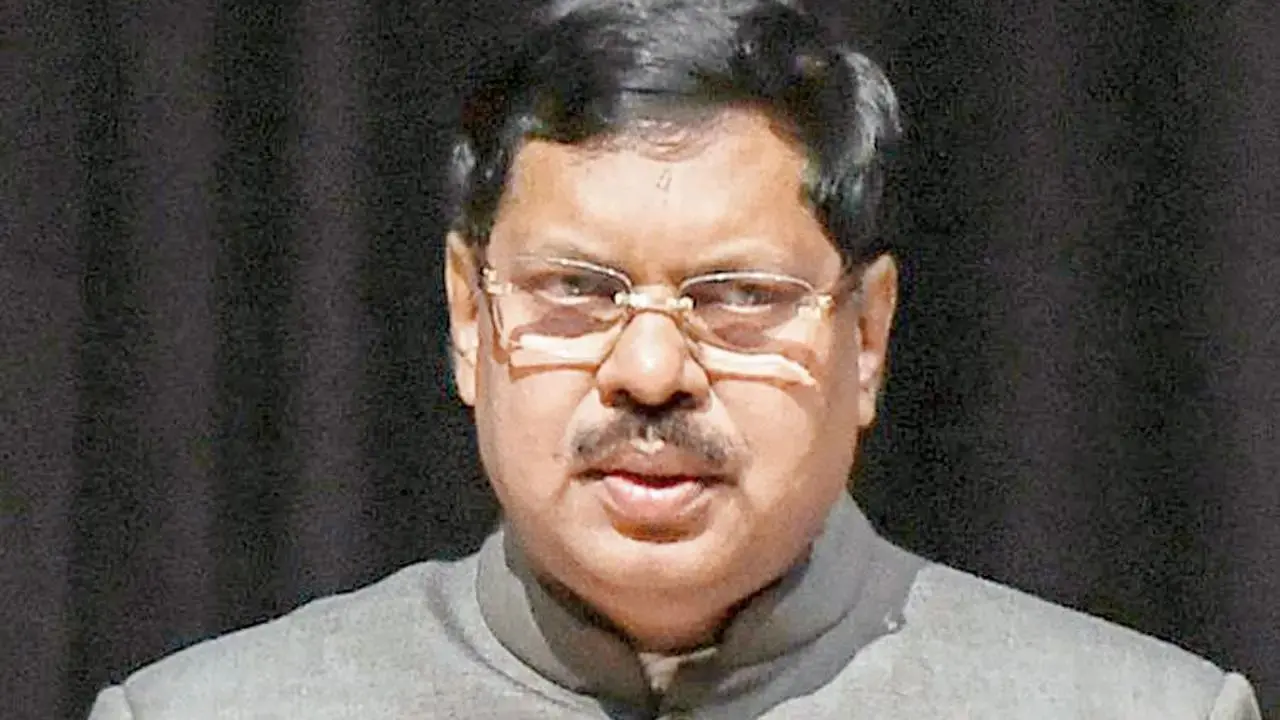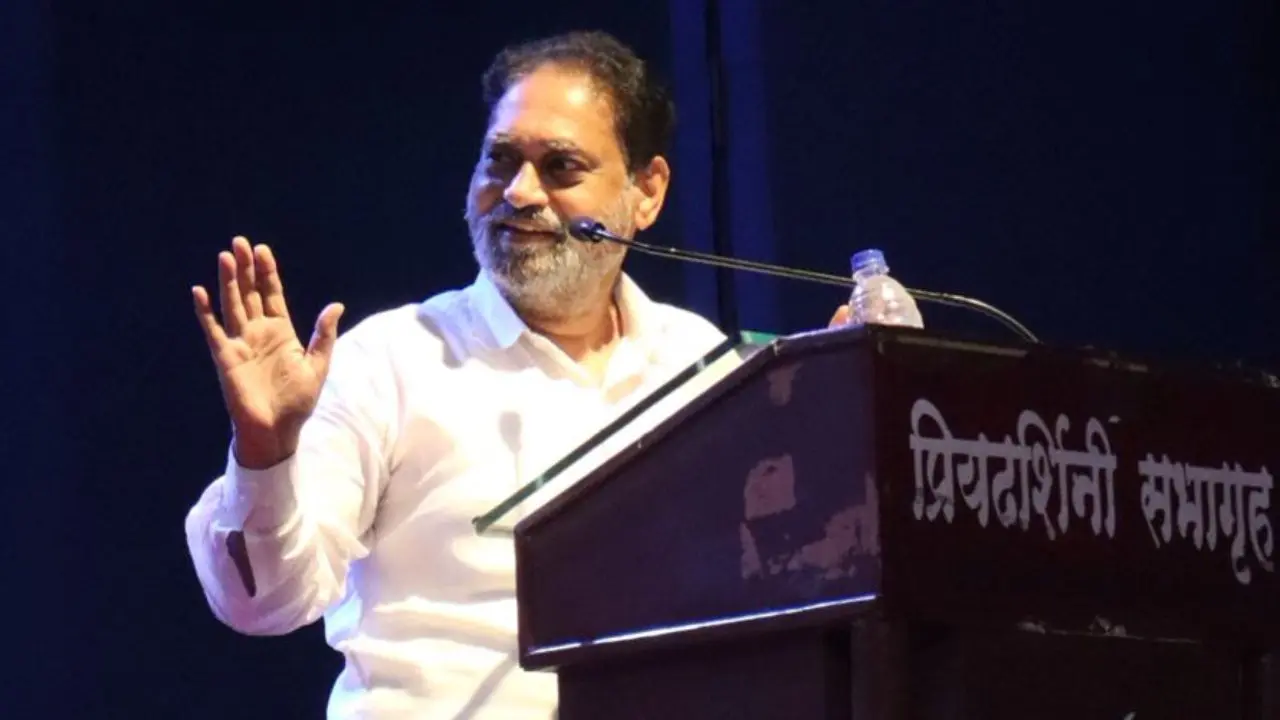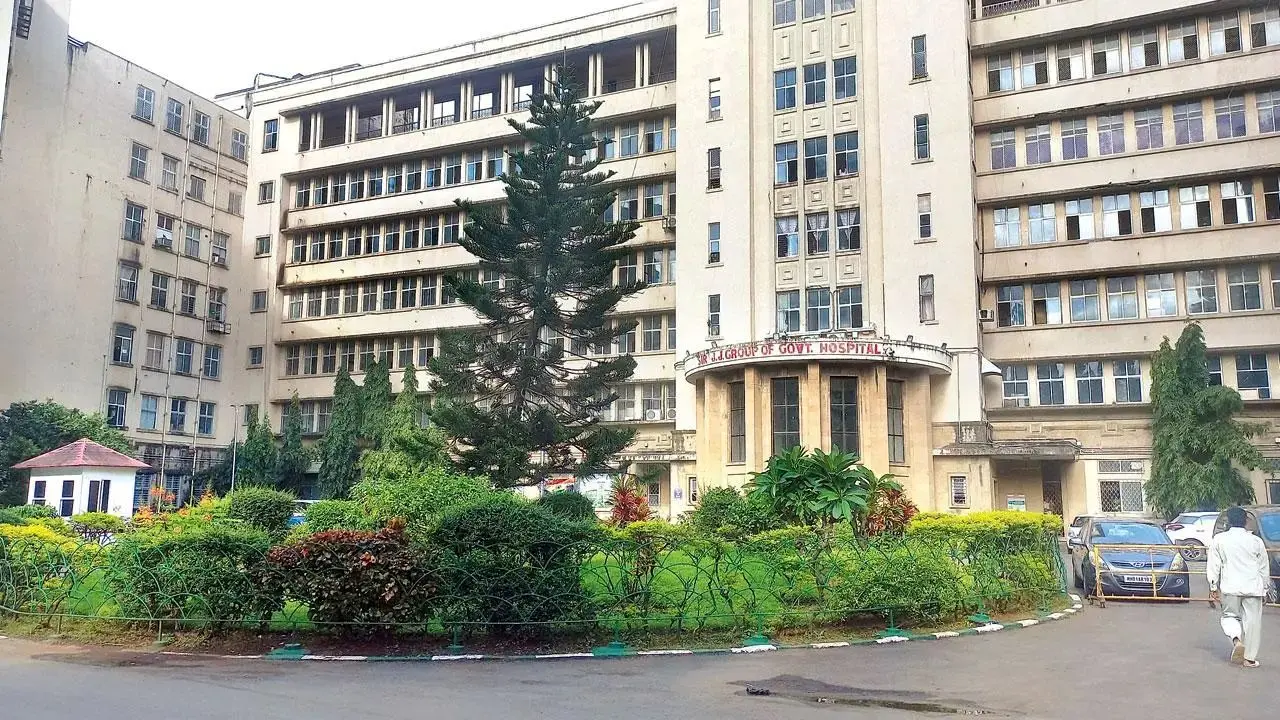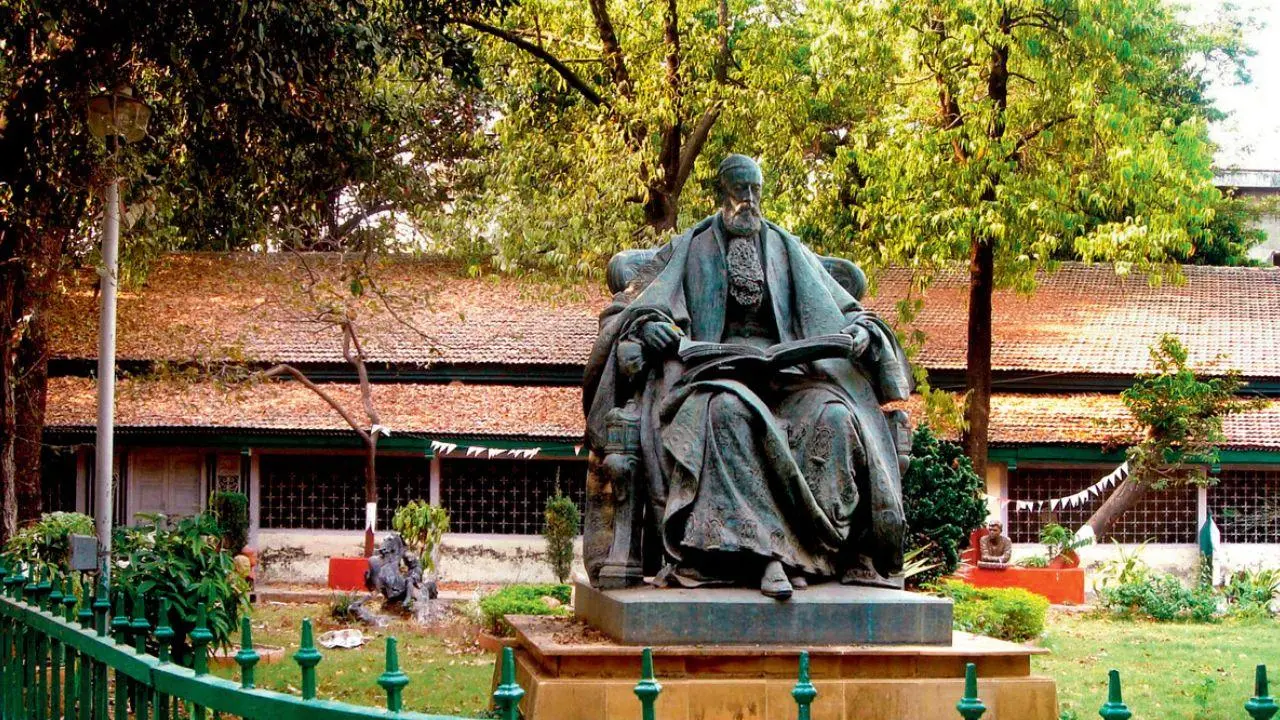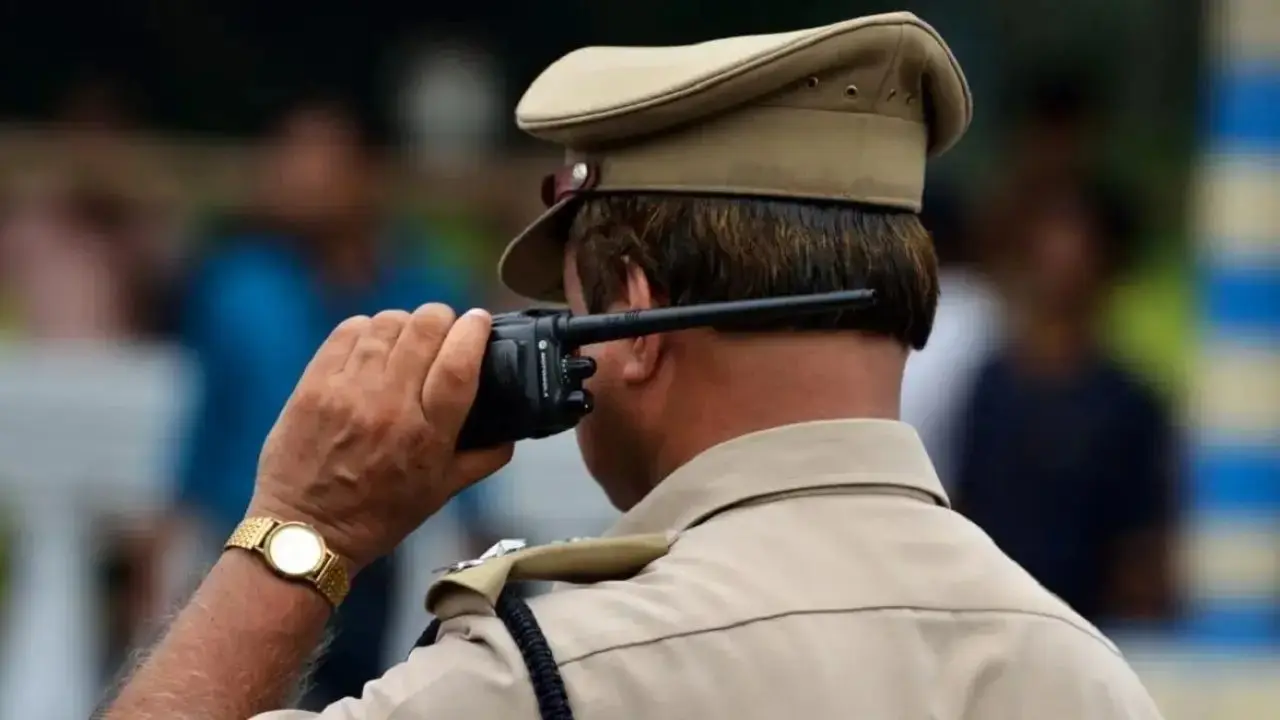Chief Justice of India (CJI) Bhushan Gavai on Wednesday emphasised that all pillars of democracy, the executive, judiciary, and legislature, must work together for the welfare of citizens, as none can function in isolation, news agency PTI reported.
While speaking at the foundation event for the Maharashtra National Law University (MNLU) campus in Mumbai, CJI Gavai said the Constitution embodies the principles of liberty, justice, and equality.
“The judiciary has neither the power of the sword nor the power of words. Without the executive’s cooperation, it’s difficult for the judiciary to ensure adequate infrastructure for courts and legal education,” he noted.
Highlighting the growing focus on practical training in legal education, Gavai said quality infrastructure is now crucial for the evolving field of law.
While refuting claims that the Maharashtra Government lags in providing judicial infrastructure, he called such criticism “factually incorrect” and praised the state and Chief Minister Devendra Fadnavis for their proactive efforts, PTI reported.
“The infrastructure provided to the judiciary in Maharashtra is among the best,” Gavai added.
He further stated that legal education has undergone a “paradigm shift” and the infrastructure being developed is comparable to top global universities.
Quoting Dr BR Ambedkar, Gavai said, “A lawyer is also a social engineer who brings the promise of social justice into reality.”
Meanwhile, CM Fadnavis noted that Maharashtra now has three national law universities and credited CJI Gavai for his support in their establishment. He expressed confidence that MNLU would soon achieve international recognition and revealed that Navi Mumbai’s upcoming ‘Educity’ hub will host 12 globally ranked universities, with seven expected to set up campuses within the next two to three years.
CJI Gavai recommends appointment of Justice Surya Kant as next Chief Justice of India
Chief Justice of India Bhushan Ramkrishna Gavai has recommended to the Centre the name of Justice Surya Kant as the next CJI.
Justice Surya Kant, the second senior-most Supreme Court judge after the incumbent CJI Gavai, is set to become the 53rd chief justice of India on November 24 after CJI Gavai`s retirement on November 23.
CJI Gavai, who was sworn in on May 14 this year, recommended to the Union law ministry to appoint Justice Surya Kant as the next CJI.
“Hon`ble the Chief Justice of India, Mr Justice Bhushan Ramkrishna Gavai, recommends the name of Hon`ble Mr Justice Surya Kant, the senior most Judge of the Supreme Court, as his successor to be the 53rd Chief Justice of India,” a press note from the top court said.
Justice Surya Kant, who was elevated as a judge of the Supreme Court on May 24, 2019, would have a tenure of nearly 15 months years as the CJI. He is due to retire on February 9, 2027.
The retirement age of Supreme Court judges is 65 years.
According to the memorandum of procedure, a set of documents, which guide the appointment, transfer and elevation of Supreme Court and high court judges, states that appointment to the office of the chief justice of India should be the senior-most judge of the Supreme Court considered fit to hold the office.
The Union law minister would, “at the appropriate time”, seek the recommendation of the outgoing CJI for the appointment of his successor.
(With PTI inputs)


